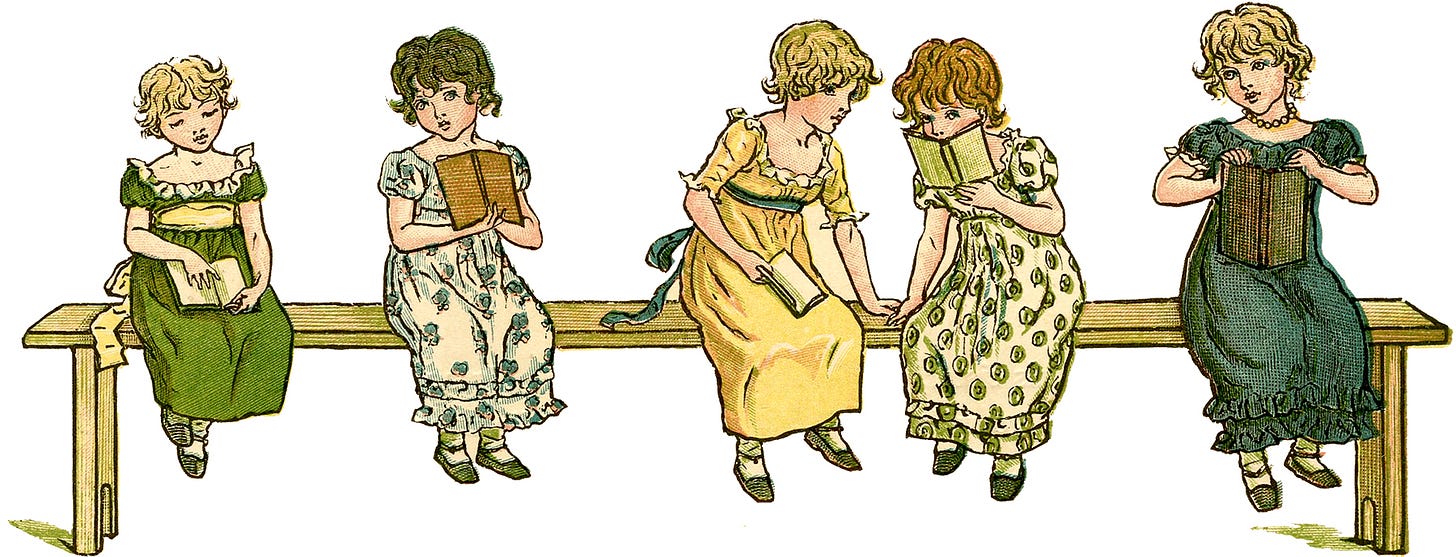Notebook: (1) Classroom Libraries
by Ann Kjellberg, editor
On Thursday U.S. District Court Judge Kent Wetherell issued a bench ruling allowing a lawsuit brought by Penguin Random House, PEN America, and a group of authors and parents against the school board of Escambia County, Florida, to proceed. The suit alleges that the district has overridden its own review process to remove books from school libraries on “openly discriminatory bases” in violation the First and Fourteenth Amendments. Two years into the unprecedented wave of library book challenges, the major book publishers are beginning (finally, in the view of some) to bring their muscle to the defense of librarians and libraries.
When Florida Governor Ron DeSantis signed Florida House Bill 1069 into law in May 2023 as part of his “Let Kids Be Kids” package, prohibiting instruction on gender identity and giving residents the right to demand the removal of any school or library book that “depicts or describes sexual conduct,” the Escambia County School Board, which had begun preemptively withdrawing hundreds of books mostly at the request of a single person, high school teacher Vicki Baggett, adopted an emergency rule requiring the district's librarians to review of all the county’s school library books and remove those that might be so described. Judd Legum reports this week that among the 2,800 books that have been pulled from school library shelves in Escambia County are The American Heritage Children’s Dictionary, Webster’s Dictionary for Students, Merriam-Webster's Elementary Dictionary, eight encyclopedias, two thesauruses, five editions of The Guinness Book of World Records, biographies of Oprah Winfrey and Thurgood Marshall, Anne Frank’s Diary of a Young Girl, The Adventures and the Memoirs of Sherlock Holmes, and Atlas Shrugged. Fewer than one hundred books of the 2,800 removed have completed their reviews, Judd Legum tells us. (Before the current wave of book challenges, most school district policies required that books remain on library shelves if challenges were raised by the public until a review was concluded.) A Lake County, Florida, suit by students and the authors of the picture book And Tango Makes Three, challenging Lake County School District’s restriction of access to the book, was extended to Escambia County, where Vicki Baggett had also fingered it. She told Judd Legum, that she was concerned “a second grader would read this book,” which depicts two real-life male penguins who raise a penguin chick, and “that idea would pop into the second grader’s mind … that these are two people of the same sex that love each other.” Also in Florida this year, the Southern Poverty Law Center, on behalf of All Rainbow and Allied Youth and PFLAG of Port Charlotte, sued the School Board of Charlotte County for removing of LGBTQ+ books and content from the county’s schools.
Keep reading with a 7-day free trial
Subscribe to Book Post to keep reading this post and get 7 days of free access to the full post archives.

